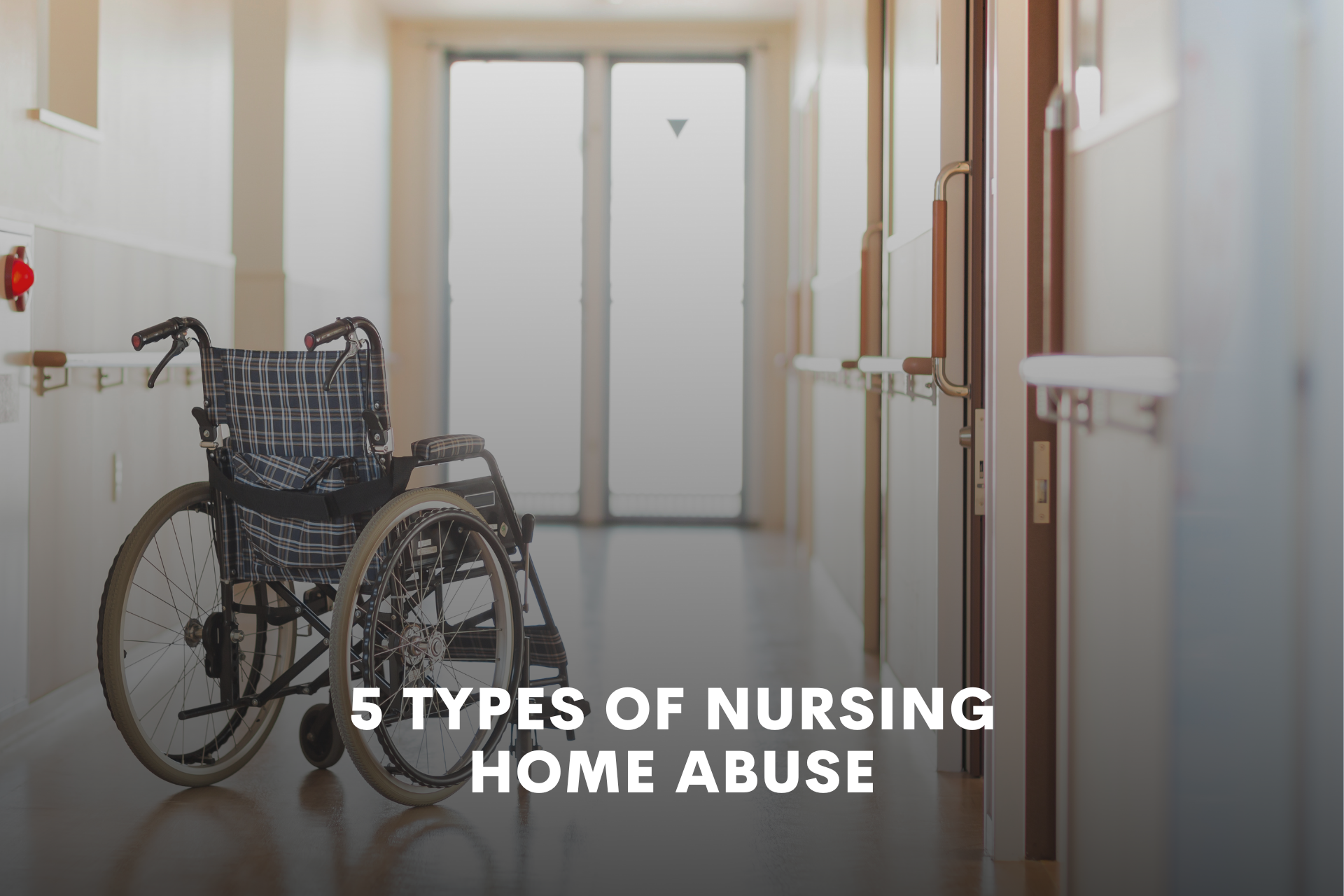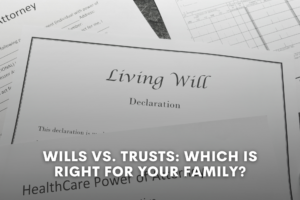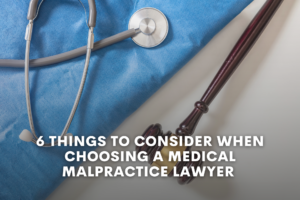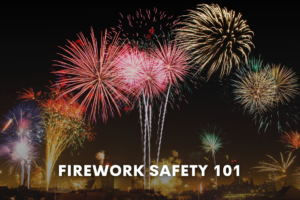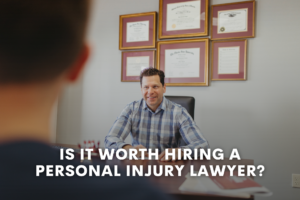When you think of nursing home abuse, your mind will likely jump to the physical abuse of an elderly person. While not wrong, this isn’t the only form of abuse the elderly can experience at a nursing home or assisted living facility.
In fact, assisted living and nursing home abuse may occur as sexual, or psychological abuse, neglect, or financial exploitation.
Harm, both intentional and unintentional, may be considered abuse in the eyes of the law.
As a nursing home lawyer in Tampa, Fl., our team of skilled personal injury attorneys will help you get the justice you or your loved one deserves.
Physical Abuse
According to the World Health Organization (WHO), around 1 in 6 people 60 years and older have experienced some form of abuse in community settings over the past year.
Physical nursing home abuse is when a resident suffers bodily harm or injury at the hands of nursing home staff. This type of abuse is easier to spot than the other types of nursing home and assisted living facility abuse.
Warning signs include:
- Broken eyeglasses
- Bruising, welts, lacerations, and/or scars on the body
- Unexplained broken bones, dislocations, and/or sprains
- Signs of restraint on ankles and/or wrists
Emotional Abuse
Emotional abuse is harder to define and difficult to prove. However, intimidation, threats, manipulation, and/or mocking an elderly resident are all examples of emotional abuse.
There are two types of emotional elder abuse — verbal and non-verbal.
Examples of verbal elder abuse include:
- Causing guilt or shame
- Embarrassing the person, especially when others are around
- Insulting, mocking, and/or name-calling
- Yelling and/or swearing at the elderly individual
Examples of non-verbal elder abuse include:
- Ignoring the individual
- Isolating the individual from other residents and restricting socialization
- Limiting access to essentials such as food, water, or the restroom
- Intimidating/terrorizing the resident when no one is around
Warning signs of this type of nursing home abuse can include:
- Agitation
- Avoiding eye contact with a specific caregiver
- Depression
- Fear
- Nervousness
- Sudden changes in sleeping and/or eating patterns
- Withdrawal
Sexual Abuse
Sexual elder abuse happens when a resident of a nursing home or assisted living facility experiences any form of unwanted and/or non-consensual sexual contact.
Warning signs of sexual abuse can include:
- Bruised genitals and/or inner thighs
- New sexually transmitted diseases or infections (STDs/STIs)
- Pelvic injuries
- Problems walking and/or sitting
Financial Abuse
This type of abuse is defined as the misappropriation of an older individual’s finances by nursing home staff. Elder financial abuse can also occur when someone steals money or personal belongings of value from an older individual.
Warning signs of elder financial abuse include:
- The elderly person expresses confusion about his/her financial situation
- Unpaid bills
- Bank withdrawals the elder would not have made on their own
- Adjustments to the person’s power of attorney and/or bank accounts
- Increased bank account activity
Neglect
Nursing home neglect occurs when a resident does not receive sufficient care from nursing home staff that results in physical and/or mental health problems. The Centers for Disease Control and Prevention (CDC) defines neglect as “the failure to meet an older adult’s basic needs. These needs include water, food, shelter, clothing, hygiene, and essential medical care.”
Warning signs of nursing home neglect can include:
- Failure to report signs of infection or illness
- Failure to administer medications
- Clothes are not changed regularly
- Bedsores (ulcers)
- Broken bones, bruises, and/or burns
- Dehydration
- Not bathing a senior regularly
- Not changing the bedding or clothing of seniors who soil themselves
- Malnutrition
Do you suspect nursing home and assisted living abuse or negligence? Contact our team of Tampa personal injury attorneys today.

